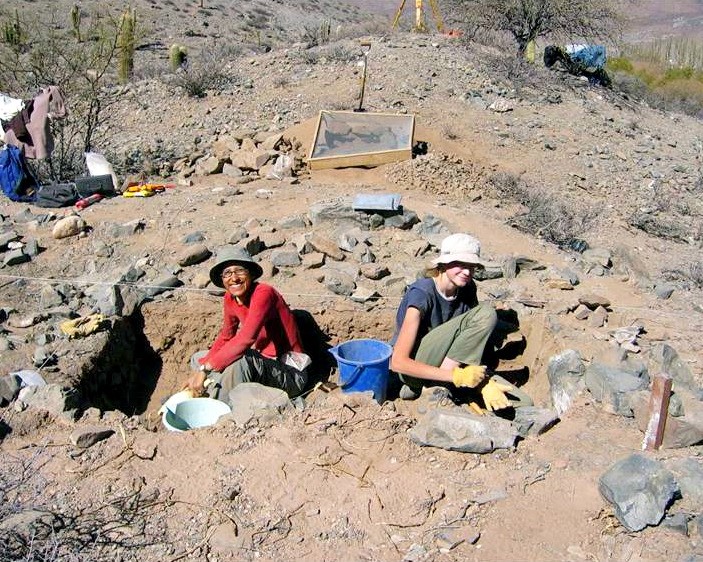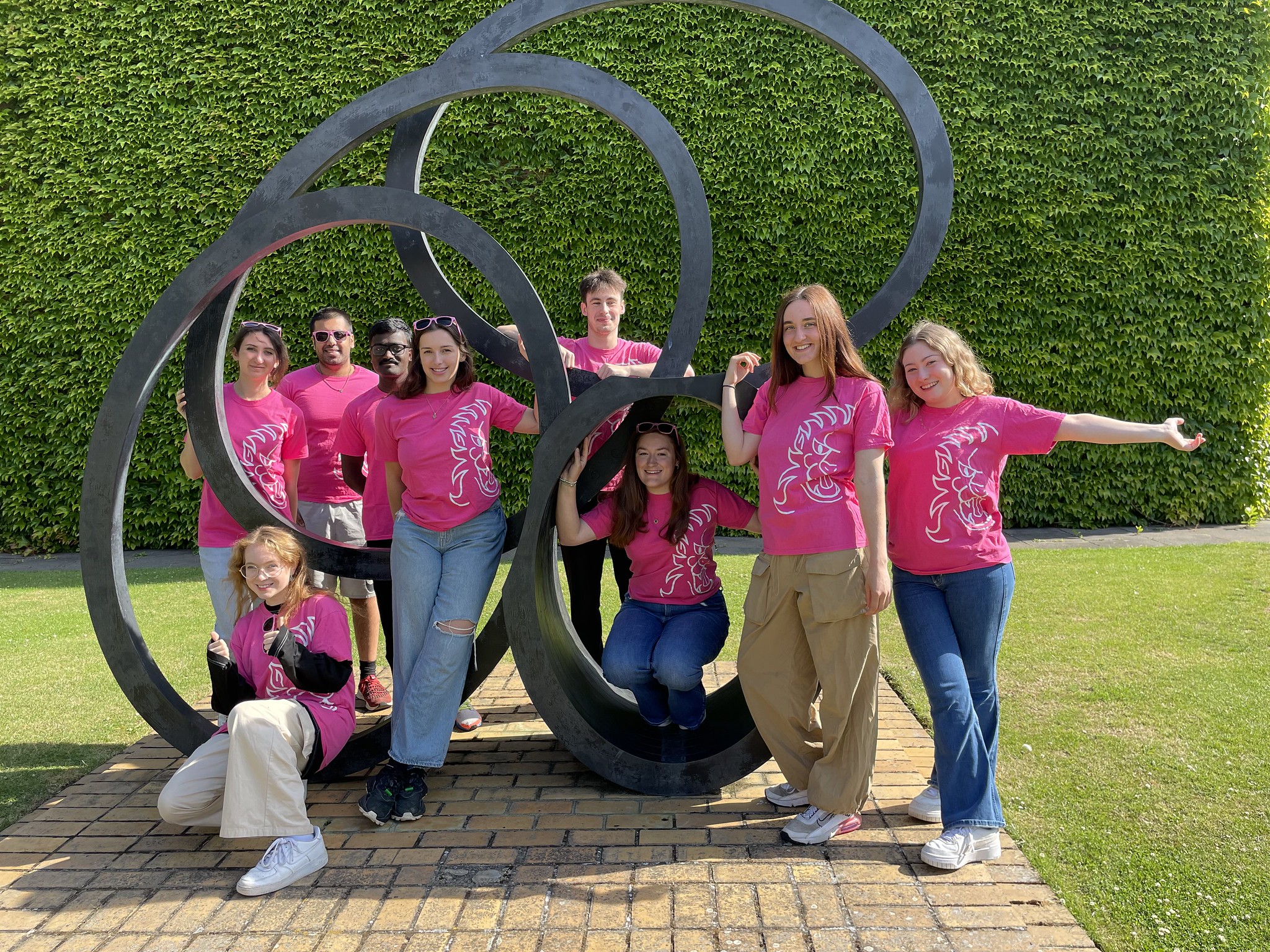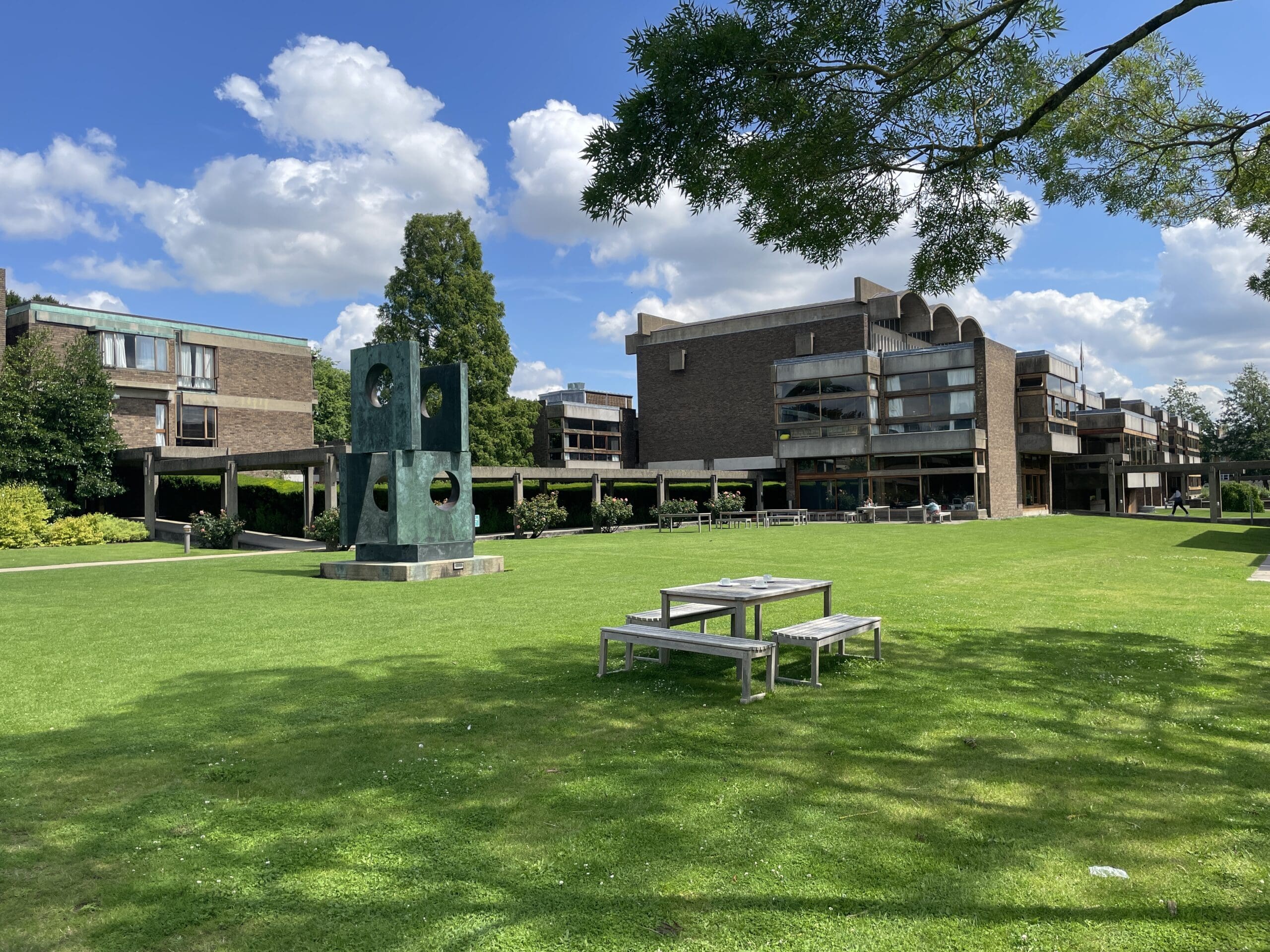
Archaeology
Churchill, as a large and friendly community, offers Archaeology students an excellent library, and a Director of Studies, Elizabeth DeMarrais, who has been active in the teaching of undergraduates for many years. Liz’s current research investigates the dynamics of social groups in the past. With a broad training in Anthropology as well as Archaeology, she has long-standing interests in the origins of social inequality in the human past, the emergence of leadership, and ‘bottom-up’ patterns of social integration. She studies community organisation through the study of the built environment and architecture in the past, as well as writing about early states (the Inka empire) and particularly the importance of ideologies in shaping power relations in the past. She has previously worked in the American Southwest, Hawaii, South America, and New England.
“I really enjoyed my time at Churchill studying Archaeology — so much so that I stayed for a fourth year to take an MPhil in Archaeological Research! The Archaeology Department is great: it offers a huge variety of courses spanning different periods and regions, there’s lots of opportunities to get involved in different activities (I volunteered at the Museum of Archaeology and Anthropology, for example) and the lecturers are all really friendly and approachable. I specialised in South American Archaeology and spent two summers excavating on a site in the Peruvian Andes, which was an incredible experience.”
— Beth
Entry Requirements
At Churchill, we want to admit undergraduates who will thrive during their time here, so – in their interests – we tend to set conditional offers in line with the typical attainment of Cambridge entrants, by course. On average, this allows us to make a relatively generous number of offers per place, but it also means that our requirements are usually a little more rigorous than the University’s minimum offer level.
You can learn more about how Churchill selects candidates, and our entry requirements and conditional offers by course, on our undergraduate applications page.
The University’s Entrance Requirements and International Entry Requirements pages may contain guidance relevant to you too.
Submitted Work
You will need to submit one piece of written work. This should be in essay format (not science coursework or a timed exam) with a word limit of up to 1500 words. The work can be taken from an EPQ.
Admissions Assessment
There is no admissions assessment for Archaeology. For assessment information for different courses, you can find information on the University’s Admissions Assessments webpage.
Interview
The role of academic interviews in Churchill’s admissions process is explained on our interviews page. You will not be expected to have any specific background in Archaeology, as the field is highly varied and often not studied in school. You should be prepared to discuss your interest in Archaeology and potential directions you may wish to follow.
Suggested Reading
Renfrew, C., and P. Bahn, 2012. Archaeology: Theories, Methods and Practice. London: Thames & Hudson
Scarre, C. (editor) 2013. The Human Past. London: Thames & Hudson
Director of Studies

Dr Elizabeth DeMarrais
Studying Archaeology at Churchill College
As a broad subject, Archaeology encompasses questions about the origins of our species, the diversity of ancient cultures, the development of sedentary life and farming, and the emergence of the first cities and empires. Our teaching and research ranges from understanding the role of material culture (‘things’) in human life, through the preservation of archaeological heritage in modern societies, to understanding how humans contribute to climate change, past and present.
As a student here, you could follow one of several streams – Archaeology (covering all world cultures), Biological Anthropology, Egyptology, or Assyriology. You would benefit from access to world-class collections in Cambridge’s Museum of Archaeology and Anthropology and the Fitzwilliam Museum, among others. Additional resources include the Haddon Library, devoted to undergraduate teaching in the subject, and area research centres.
Full course details are provided on the Department’s Prospective Undergraduates webpage and the University’s Undergraduate Study webpage. We seek students who are curious, who enjoy reading and debating ideas, and who wish to engage in hands-on study of artefacts in our museums and/or to experience archaeological fieldwork and laboratory work. Since Archaeology is a broad course, a wide range of subjects are therefore an excellent preparation to study it, from Chemistry and Biology through to Geography, History, Sociology, Psychology, Anthropology, English, Classics, or ancient and modern languages. No specific subjects are required or recommended, though applicants for Egyptology and Assyriology are strongly encouraged to study a language.
You may also be interested in:



